The JCPOA was signed in July 2015 and went into force in January 2016. However, during his presidential campaigns in 2016, Donald Trump made the most vitriolic attacks on the multilateral agreement. When Trump started his work as president he started to undermine the JCPOA until he officially withdrew the pact in May 2018 and introduced the harshest ever sanctions on Iran based on his “maximum pressure” campaign against the Islamic Republic.
“Generally Biden has chosen highly professional people with relevant experience. That is certainly true of his national security and foreign policy team. He has made clear what he wants with Iran: return to the status quo ante (the situation before the Trump Administration) by both Washington and Tehran,” Daniel Serwer, a professor of School of Advanced International Studies at Johns Hopkins University points out.
“I am hopeful it will be realized,” Professor Serwer notes when asked about the makeup of Biden’s national security and foreign policy team.
Barbara Slavin, director of Future of Iran Initiative at the Atlantic Council, also says she is “optimistic that we can get back into the JCPOA and build on it.”
Slavin is of the opinion that one of President Biden’s “top priorities” is to get back to diplomacy with Iran.
She says the road for such an approach is not bumpy in view of the fact that the persons that Biden has selected for his security and foreign policy team are pro-JCPOA.
“Biden has a lot of work to do on domestic and foreign policy issues but clearly one of his top priorities is to return to diplomacy with Iran. Fortunately, he has chosen a number of individuals with past successful experience in this area including Jake Sullivan, who helped start the back channel with Iran in 2012, Bill Burns, who has been dealing with Iran issues since the George W. Bush administration, Tony Blinken, who was deputy secretary of state under John Kerry, and Wendy Sherman, who led JCPOA negotiations and will now be deputy secretary of state. Given their experience and commitment, I am optimistic that we can get back into the JCPOA and build on it,” Slavin states.
Mark Fitzpatrick, an associate fellow and former executive director of the International Institute for Strategic Studies (IISS), says although “it is only a coincidence that so many senior members of the Biden foreign policy team have experience dealing with Iran”, the new U.S. president “wants to restore” the nuclear deal.
“Biden chose Anthony Blinken, Jake Sullivan, Wendy Sherman and others because he knew them well from their previous positions and because he values their judgment and habits of discretion, diligence and teamwork,” says Fitzpatrick who served as acting deputy assistant secretary for non-proliferation at the State Department.
The former diplomat says these persons worked on the Iran nuclear issue during the Obama administration as Iran’s progress in nuclear technology “was one of the most challenging of the foreign policy issues Obama faced and he was intent on resolving it.”
Fitzpatrick adds, “Today, Biden faces many other challenges, mostly domestic in nature, and in the foreign policy arena Iran is not the most pressing problem. But Biden does want to restore the JCPOA. The coincidence that architects of the deal are on his team will make it easier to get started on this challenge.”
Interview by Hamid Bayati

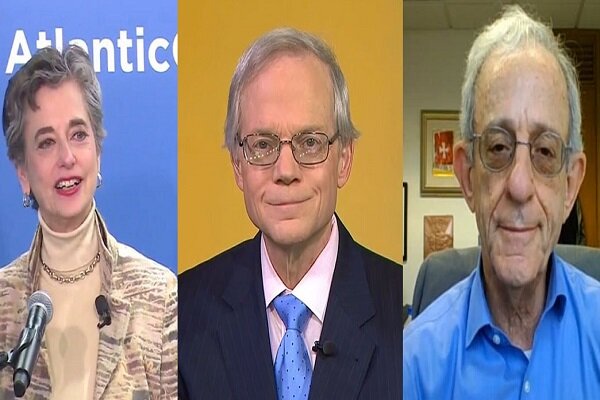


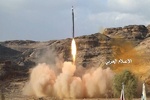

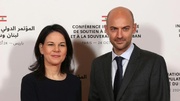

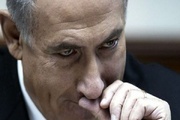








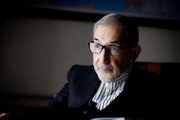



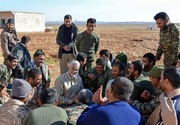

Your Comment